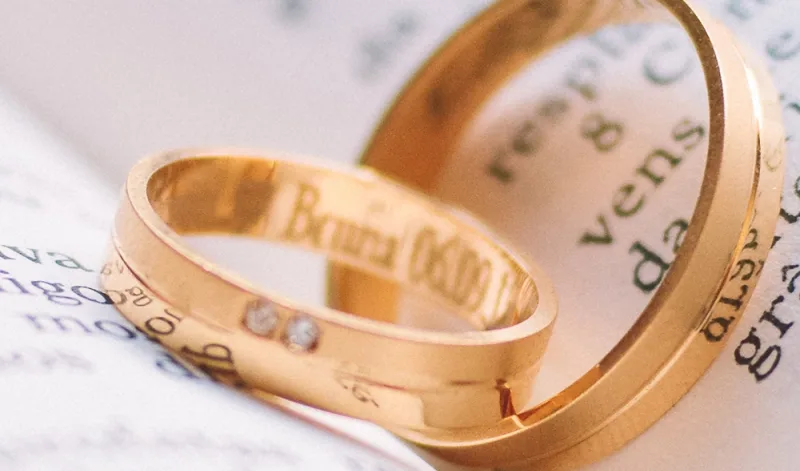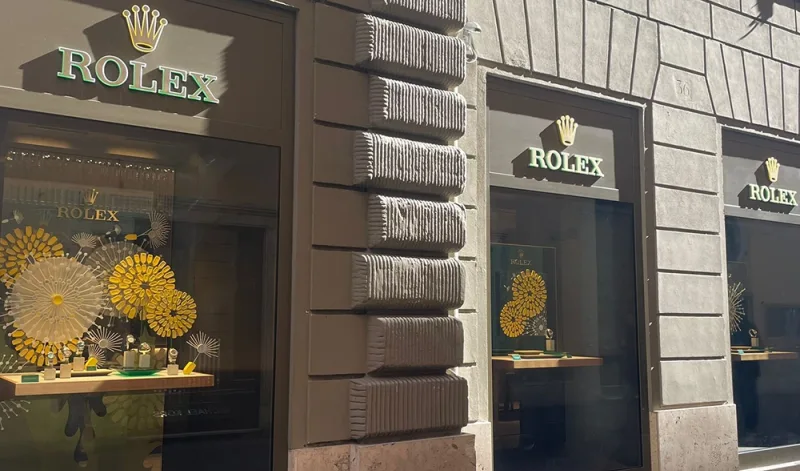Second Homes as Investments
Second home ownership has become increasingly popular as a means of investing in the future. During the 1980s and 1990s millions of investors turned to stock markets to finance their pensions and retirement plans. However with boom and busts and subsequent disappointing rates of return, more and more people have begun to look at buy to let as an alternative to traditional pension investments. For second home owners there are a variety of issues to consider when renting out your property.
Buying a home is usually the biggest decision of most people’s lives. Once the unknown and uncertainties have been experienced lots of people gain the confidence and knowledge to consider making that second home purchase. Many have seen huge capital growth during the 1990s and 2000’s as the UK economy boomed upon easy credit and low interest rates. Many people chose to become buy to let investors, both for income generation and capital growth. For those people buying a second home to let out as a holiday home, the second is the second most important investment decision of their life. Investors have also become second homeowners as a means of getting onto the property ladder in tough times. Others became accidental landlords when the credit crunch hit and they found they could not sell the first property, while servicing a second at same time. Instead many chose to rent out the home they lived in order to move elsewhere for work or lifestyle reasons.
So what factors should you consider before making their all-important investment decision? Ask yourself some difficult questions which you may have assumed you already knew the answers to. For instance if interest rates went to 8% could you continue to service the second home mortgage yourself? or would rental income from a buy to let scenario cover the mortgage cost? How long do you plan to keep the second home for and what are your financial objectives? In other words are you looking for capital growth or an ongoing income generation? If you’re planning to rent out your investment property which area will you choose and what level of rent can you reasonably expect?
Try to be as objective as possible when calculating the return on your investment. Make some reasonable and practical assumptions when developing financial calculations. For instance if house price growth is stagnant at only 1% a year, is it reasonable to calculate a 25 year investment at an average of 3%? Certainly there will be bad years and good years when house prices rise and fall. However base your annual growth rate on historical averages before you address the challenge of taking out a buy to let mortgage. Alternatively you may be looking for rental income to provide you with a monthly wage. Many people have seen their savings reducing in real terms as inflation has began to exceed savings interest rates. Consequently buy to let returns have bizarrely seen a healthy return as first-time buyers struggle to get on the housing ladder. When calculating your yield you must take into account all ongoing expenses, not just the cost of the mortgage.
If you have done all your sums realistically and are confident you will achieve your financial objectives, the next action is to shop around for a suitable investment property. Many people enjoy this part of that process as it involves visiting new areas, meeting new people and spending money. However only identify areas that have strong rental demand for practical reasons. These may conflict with your personal tastes – don’t let that put you off dictate where you choose to visit. For instance many student areas or areas surrounding hospitals or factories may have older more rundown properties on sale but strong local rental demand. Sometimes the yields on these shared houses can outweigh the modern blocks of flats (which are on sale at a premium). Lastly don’t forget to build and assumed level of void period during which you are all not receive any rental income. The majority of people are overconfident with the amount of time they believe they can rent out their second home for. If it’s a holiday let many will not receive any bookings during the winter.
Many second homeowners may choose to leave their property empty some of the time, if they cannot find short-term tenants to occupy the property. If you plan to do this, speak to your insurance company before you even make a purchase, to consider whether or not you’ll need some type of second home insurance policy that allows you to leave the property empty for long periods of time. Empty properties are more likely to suffer from vandalism, burglary, burst pipes and other maintenance issues. If you’re not near to the property to check up on it, you may find your insurance premiums are higher than your standard buildings and contents insurance your first property.
Making the right investment decision for your second home is largely about timing. Many areas across the UK have seen falls on property prices as mortgage approval rates plummet. Many people are also fighting to keep their jobs and maintain their current standard of living. You may feel that despite these negative factors now is the right time to make that second home purchase – because in the long term, overall capital growth outweighs the short-term negatives. Alternatively you may be more conservative, and choose to sit on your your hands and see what the property market does over the next two or three years. By waiting you may pick up a bargain at auction, as the national property prices have stabilised and mortgage lending criteria loosens. In both scenarios you will have to consider the opportunity cost of your decision in financial terms (by matching it up with your investment objectives).
You’ll need to construct a detailed investment budget when you buy your property, if any refurbishment or serious building works are required. You must meet tenants expectations with a suitably furnished and decorated comfortable home. This may mean upgrading heating systems, replacing older wooden windows with modern PVC windows and investing in new and fresh carpets. It’s a good idea to speak to a qualified accountant to discuss which costs can be included as part of your tax return related to your second property. In particular when you finally sell your property any capital gains will be taxed – so you must keep receipts from the minute you originally exchange contracts on the property to offset against any gains. Good luck with your investment!
Contact Assetsure for a Second Home Insurance quote.





























